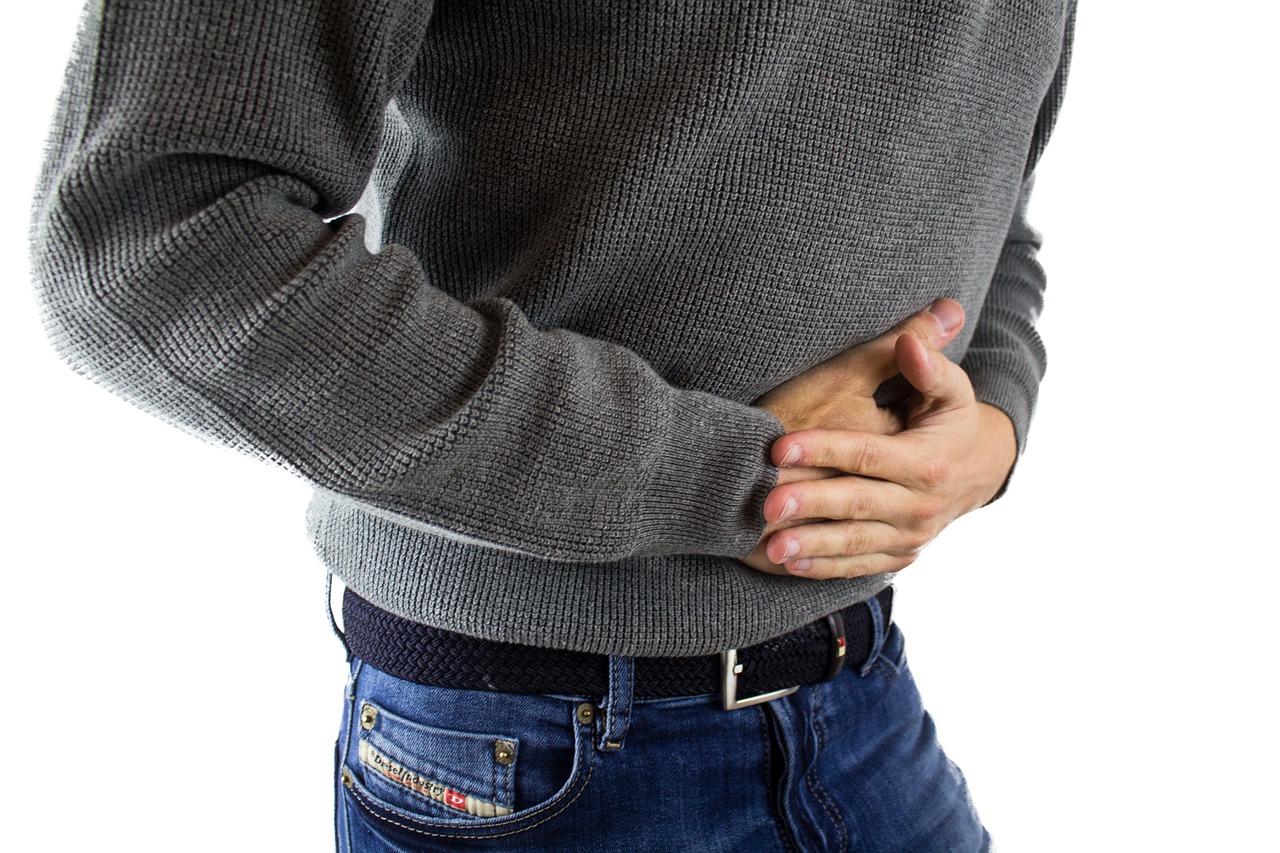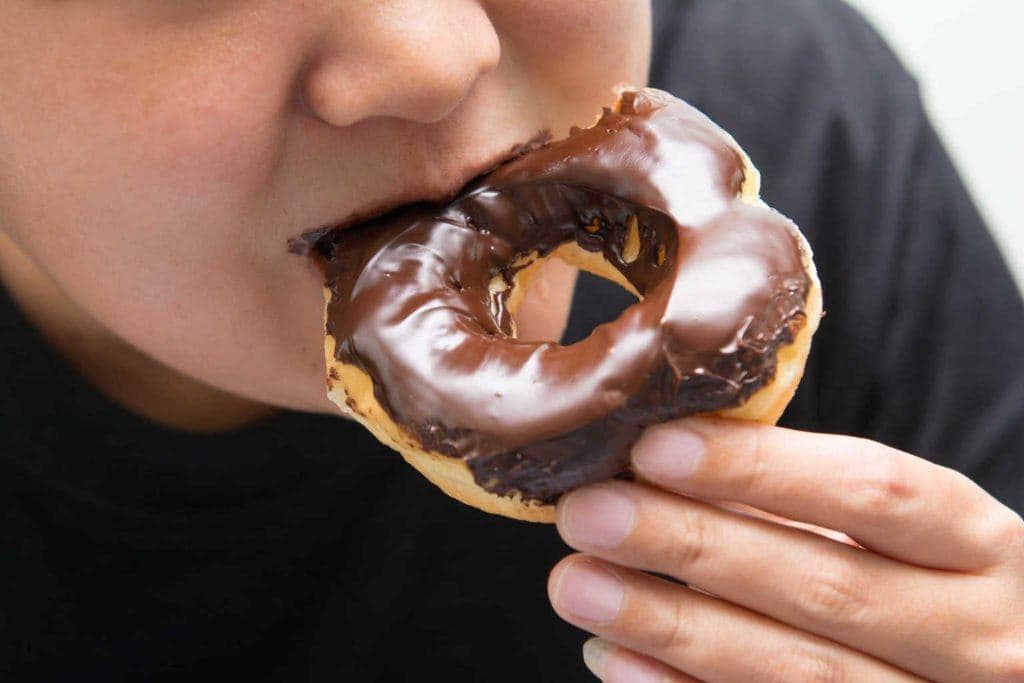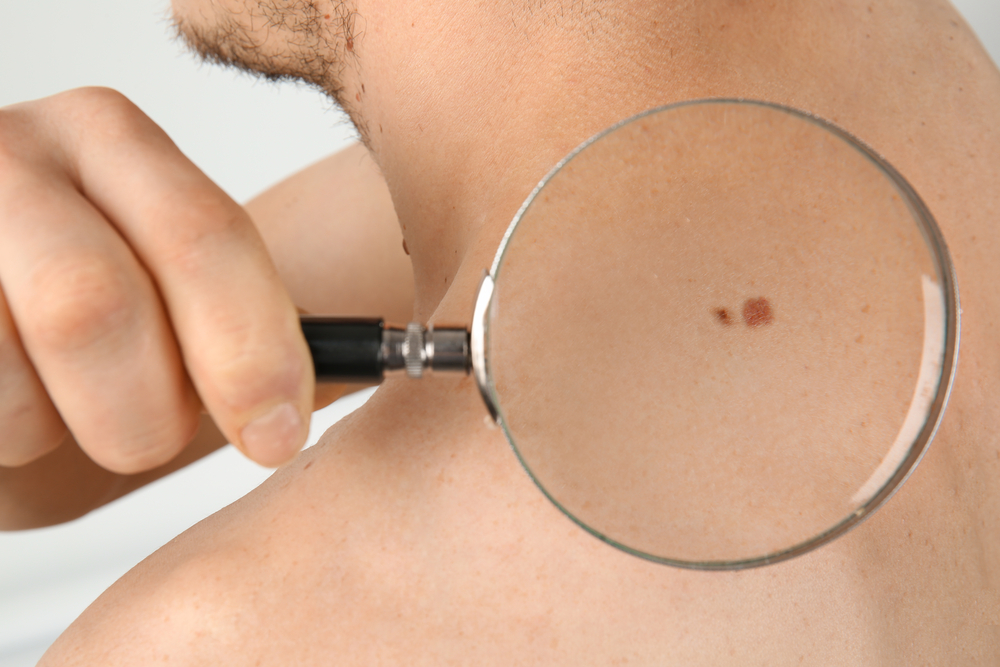Contents:
- Medical Video: Tim Tebow Explains How The Keto Diet Breaks Down Fat
- Beware of fat if you eat lots of salt
- Then, why can salt make the body fat?
- In a day, how much salt can you consume?
Medical Video: Tim Tebow Explains How The Keto Diet Breaks Down Fat
When you see a fat person, maybe what comes to your mind is that the person must eat too much fatty food. But it turns out, fat body or obesity is not always caused by foods high in fat, but can also be due to eating lots of salt or salty food. How could that be? Here's the explanation.
Beware of fat if you eat lots of salt
Food without salt is certainly not delicious. Salt is actually needed by the body to maintain fluid balance and improve muscle and nerve function. However, that does not mean you can use as much salt as possible. If you are a fan of salty food, be careful with the risk of hypertension, heart attack, stroke, and obesity.
In 2015, researchers from the UK and China reported that children and adults who underwent a high-salt diet turned out to have increased body fat.
Research shows that every one gram of salt can increase the risk of obesity in children by 28 percent and in adults by 26 percent. Experts suspect this is because most salt can change the way the body burns fat.
Then, why can salt make the body fat?
The body has a natural mechanism that tells you when to stop eating and when to start eating. When you eat a lot of salt, your body will become insensitive and not detect signs of having to stop eating. This then makes you eat more.
In addition, eating lots of salt also makes you thirst faster and drink more. As a result, the body holds more water so that the body weight automatically increases.
This is compounded by the ability of salt to hold water in the body. The more fluid you drink, the more fluid that builds up due to high salt levels.
In fact, an additional one gram of table salt which is equivalent to 400 milligrams of sodium can add up to 1 kilogram of body weight. But it should be noted that the weight gain is not due to fat deposits, but because of water.
The good news is that this weight gain is temporary. When you reduce eating salty food, then the water that is retained in the body will come out so you lose weight. So, it's a good idea to avoid eating lots of salt if you want to keep your body slim.
According to Lisa Moscovitz, R.D., a nutritionist and founder of the NY Nutrition Group, salt does not work alone in making weight gain, as reported by Women 's Health. In fact, salty foods usually also contain lots of fat and sugar, for example in chips, sausages and corned beef.
When you eat salty food, the fat and sugar content in your body will automatically increase so that your weight will go up faster.
In a day, how much salt can you consume?
If you are trying to lose weight, you should avoid consuming salty foods and high-salt packaged foods. Rather than adding a lot of salt so that the food becomes more savory, use other spices such as garlic or black pepper which provide a more natural salty taste. The more flavor you add, the less salt you need.
Even so, that does not mean you should not consume salt at all. According to the Ministry of Health, the maximum limit of eating salt in one day is 1 teaspoon or equivalent to 5 grams (2000 milligrams of sodium) for adults. While for younger ages or children, the need for salt per day is certainly less than for adults.
Don't forget to always read the nutritional information label on the packaging that can help you control your salt levels. To find out how much salt is in packaged foods, you can see the sodium content in the product. Choose the type of food that has low sodium levels or even none at all.
Instead, you can also choose natural foods that are low in sodium, such as fruits, vegetables, and nuts, which are certainly healthier for you.












